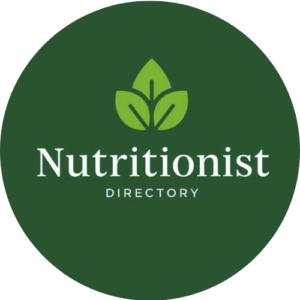Introduction
Cancer treatment, including chemotherapy, radiation, and surgery, can significantly impact a patient’s nutritional status. Side effects like nausea, loss of appetite, and difficulty swallowing can make it challenging to maintain adequate nutrition. However, proper nutrition is crucial for supporting the body during treatment, enhancing recovery, and improving quality of life. This article provides guidance on how to optimize nutrition during cancer treatment.
Understanding the Nutritional Challenges of Cancer Treatment
Cancer and its treatments can lead to various nutritional challenges, including:
- Loss of Appetite: Common due to the effects of treatment and the cancer itself.
- Taste Changes: Many patients experience changes in taste and smell, making food less appealing.
- Digestive Issues: Nausea, vomiting, diarrhea, and constipation can interfere with nutrient absorption.
- Weight Loss: Unintentional weight loss and muscle wasting (cachexia) are common, especially in advanced cancer.
Nutritional Strategies for Cancer Patients
- Small, Frequent Meals
- Manage Appetite Loss: Eating smaller, more frequent meals can help ensure adequate nutrient intake, even when appetite is low.
- High-Calorie, Nutrient-Dense Foods: Include calorie-dense, nutritious foods like avocados, nuts, seeds, and protein-rich snacks to meet energy needs.
- Combatting Taste Changes
- Flavor Enhancers: Use herbs, spices, and citrus to enhance the flavor of foods.
- Cold Foods: Cold or room-temperature foods may be more tolerable if taste changes are severe.
- Managing Digestive Issues
- Low-Fiber Diets: For patients experiencing diarrhea, a low-fiber diet may help reduce symptoms.
- Hydration: Staying hydrated is essential, especially for those experiencing vomiting or diarrhea. Consider oral rehydration solutions if needed.
- Protein-Rich Foods
- Support Healing and Strength: Include high-quality protein sources like lean meats, eggs, dairy, tofu, and legumes to help maintain muscle mass and support the immune system.
- Nutritional Supplements
- Oral Nutritional Supplements: In cases where eating enough food is difficult, nutritional shakes and high-calorie drinks can provide necessary calories and nutrients.
- Consult a Dietitian: Work with a dietitian to tailor supplement use to your specific needs and treatment plan.
Special Considerations During Treatment
- Neutropenia: Patients with low white blood cell counts may need to follow a neutropenic diet, avoiding raw foods and certain unpasteurized products to reduce infection risk.
- Swallowing Difficulties: For patients with difficulty swallowing, pureed foods and thickened liquids may be necessary.
Sample Meal Plan for Cancer Patients
- Breakfast: Smoothie with Greek yogurt, banana, almond butter, and spinach.
- Lunch: Creamy chicken and vegetable soup with a side of mashed sweet potatoes.
- Snack: A protein bar or a small bowl of cottage cheese with honey.
- Dinner: Baked fish with quinoa, steamed carrots, and a drizzle of olive oil.
Conclusion
Nutrition plays a vital role in supporting the body during cancer treatment, helping to manage side effects, maintain strength, and enhance recovery. By focusing on small, nutrient-dense meals, managing taste changes, and addressing specific nutritional challenges, cancer patients can improve their quality of life during treatment. Always consult with a healthcare provider or dietitian to create a personalized nutrition plan tailored to your treatment and needs.
Find a Nutritionist Near You
Start your journey to optimal health

We write rarely, but only the best content.
Please check your email for a confirmation email.
Only once you've confirmed your email will you be subscribed to our newsletter.
